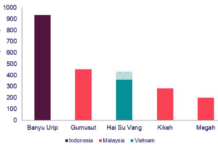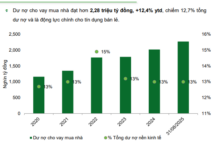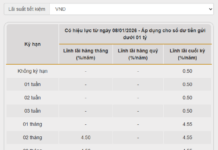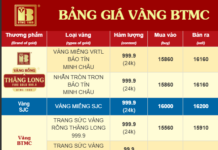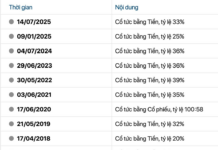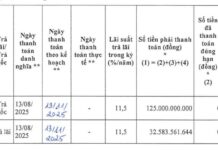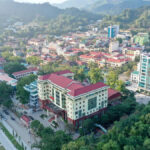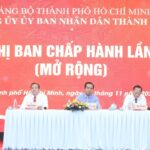Commune-Level Officials: The Key to Success
Deputy Prime Minister Pham Thi Thanh Tra emphasized this point during her interview on the Government’s Electronic Information Portal.
According to the Deputy Prime Minister, after four months of implementing the two-tier local government model, the administrative machinery has stabilized, operating smoothly and continuously, earning recognition from the public.
Despite a significant increase in workload following consolidation, local governments have maintained stable operations, ensuring effective management of socio-economic, defense, and security affairs. This stability serves as a crucial foundation for further refining the model in the future.
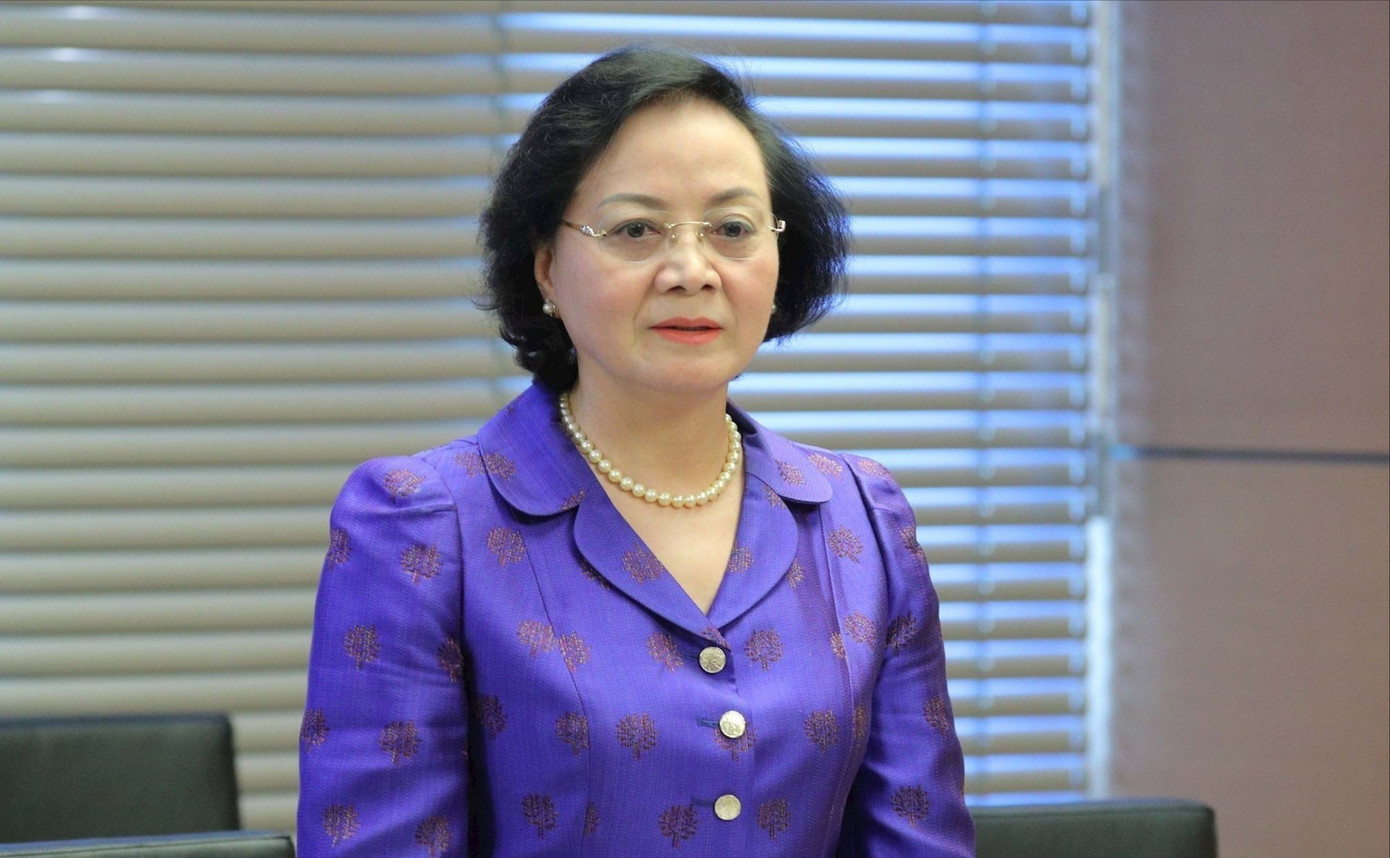
Deputy Prime Minister Pham Thi Thanh Tra.
However, she noted that as a novel and unprecedented model, it requires a comprehensive shift in mindset and governance methods. Challenges during implementation are inevitable, with the most significant being the uneven distribution and quality of commune-level personnel. Many officials are still adapting to the new governance model, while the substantial delegation of tasks and authority to communes demands synchronized, timely, and uninterrupted execution—a considerable challenge for officials and civil servants.
To ensure the two-tier local government model operates efficiently, the top priority—the “key of keys”—is restructuring and enhancing the quality of commune-level officials and civil servants. As the tier closest to the people, handling the most procedures and facing the most pressure, this level is where the new model’s effectiveness is most evident.
Therefore, a fundamental shift in governance mindset is essential, moving from “management and administration” to “local governance.” Commune-level officials and civil servants must go beyond daily administrative tasks to focus on sustainable development, prioritizing citizens, fostering democracy, and mobilizing community strength, with digital transformation as the foundation.
Regarding legal framework and clear delegation, the Government continues to review and refine foundational documents, adjusting and supplementing delegation to ensure tasks suitable for communes are assigned, while unsuitable ones are revised.
“I am confident that when communes become stronger, understand the law and the people, work more deeply and proactively, we will achieve breakthroughs at the grassroots level—a critical factor for the success of the two-tier local government model,” the Deputy Prime Minister emphasized.
Reducing Provinces to 34: A Historic and Strategic Decision
Recently, social media has spread rumors of further consolidating 34 provinces and cities into 16. Deputy Prime Minister Pham Thi Thanh Tra refuted this, stating the information is false and baseless.
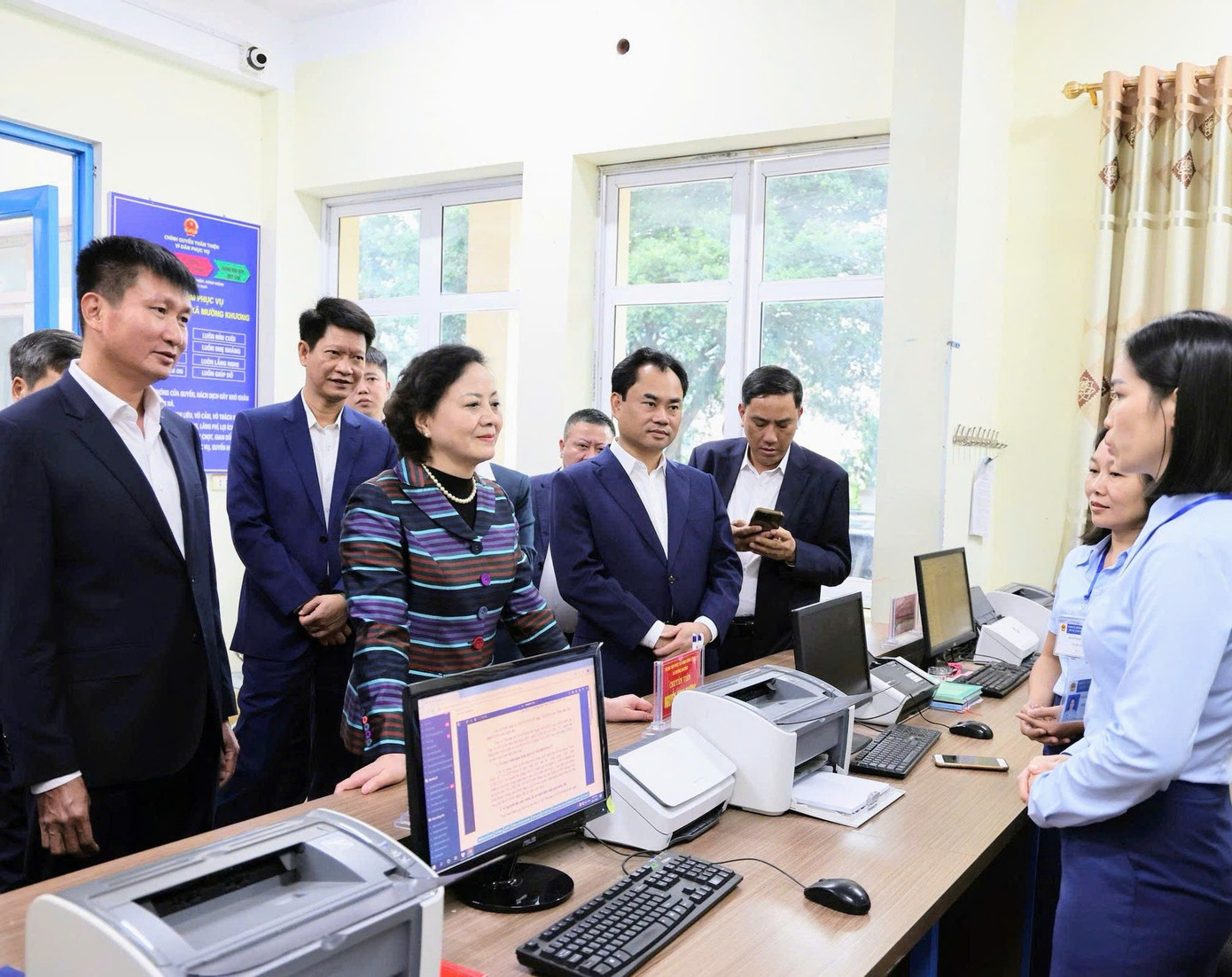
She stressed that reducing provinces to 34 was a historic and strategic decision, meticulously researched by the Party, National Assembly, and Government based on development philosophy, science, geography, culture, history, and practical considerations, ensuring long-term stability. This aligns with development trends, creating a foundation for the nation’s rapid and sustainable growth in the new era of prosperity, civilization, and happiness.
According to the Deputy Prime Minister, reorganizing administrative units and implementing the two-tier local government model is a comprehensive, synchronized, and thorough reform of both institutions and governance methods. It revolutionizes organizational structures, expands development space, ensures lean operations, reduces intermediary layers, and conserves societal resources.
“This model is currently operating smoothly, aiming for efficiency and effectiveness to better serve the people and drive national development,” she affirmed.
Deputy Prime Minister Pham Thi Thanh Tra announced that the Government is urgently finalizing 11 crucial decrees related to administrative unit classification, organizational structure, job frameworks, base salary adjustments, and allowances. These measures aim to provide a robust legal foundation for localities to confidently and effectively operate the two-tier local government model.
Tuyên Quang Launches Largest Post-Merger Public Asset Inventory Campaign
Tuyen Quang is conducting a comprehensive public asset inventory to establish a robust database following the restructuring of its administrative apparatus and the implementation of a two-tier government model. This large-scale audit ensures centralized management, minimizes waste, and lays the groundwork for efficient utilization of infrastructure, land funds, and public resources to drive development in the new phase.
Deputy Prime Minister Pham Thi Thanh Tra Outlines 7 Key Task Groups for Lao Cai
During a working session with the leadership of Lao Cai province, Deputy Prime Minister Pham Thi Thanh Tra provided an in-depth analysis of the province’s development potential and untapped opportunities. She outlined seven key task groups to propel Lao Cai’s growth in the upcoming period, focusing on green, sustainable, and inclusive development.
Prime Minister Pham Minh Chinh Holds Working Session with Thanh Hoa Provincial Party Standing Committee
On November 9th, Prime Minister Pham Minh Chinh, alongside leaders from various ministries and sectors, visited Yen Cuong commune in Thanh Hoa province. The visit coincided with the groundbreaking ceremony for new boarding primary and secondary schools in border communes. During the trip, the Prime Minister and his delegation held a working session with the Standing Committee of the Thanh Hoa Provincial Party Committee. The meeting focused on discussing the province’s socio-economic situation, public investment disbursement, the implementation of the two-tier local government model, future directions, tasks, solutions, and addressing proposals.
Ho Chi Minh City Aims for 8.5% Growth, Accelerating Public Investment Disbursement
The Chairman of the Ho Chi Minh City People’s Committee has called for a focused effort to propose key solutions and critical tasks aimed at boosting economic growth, striving to achieve a target of 8.5% by 2025.




